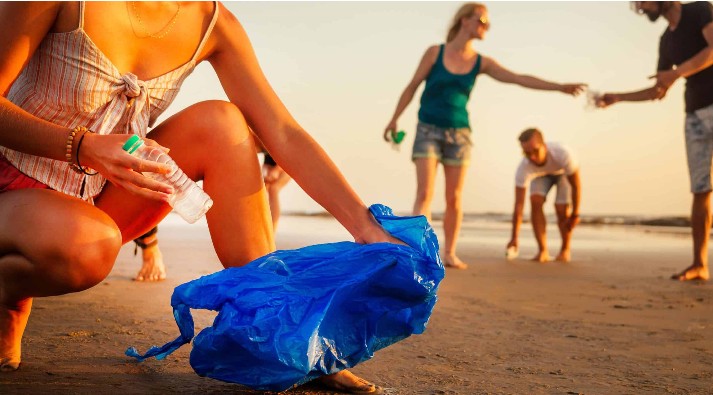The project REDIRECT assists the public and private sectors in adopting regenerative tourism practices that minimise negative impacts from tourism, while enhancing the condition of nature and cultural heritage sites.
The Baltic Sea Region is a particularly sensitive environment, susceptible to the effects of increased tourism. The negative environmental impacts of tourism are substantial. They include the depletion of local natural resources, as well as pollution and external disturbances to the local environment. Tourism puts pressure on locally available resources through over-consumption, local waste handling as well as pollution, wear and degeneration of nature habitats through periodically condensed activity.
The Project aim
The REDIRECT approach aims to have a positive impact on the development and resilience of local communities, contributing to a higher level of environmental self-sufficiency in the tourism sector. Furthermore, aiming for the establishment of a higher level of public awareness and hereby strengthening culture and heritage within the Baltic Sea Region.
The key aim is to create a thoroughly tested generic guide on how to establish and promote environmental regenerative tourism practices in the Baltic Sea Region.
The purpose of the transnational collaboration is to inspire and strengthen the shared European development of sustainable tourism, through the development of regenerative tourism projects in the entire Baltic Region.
For more information


